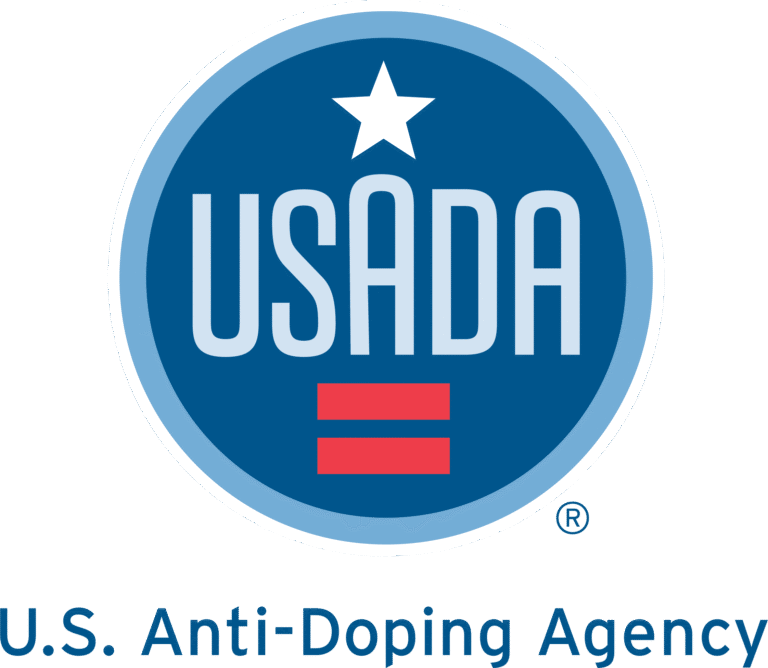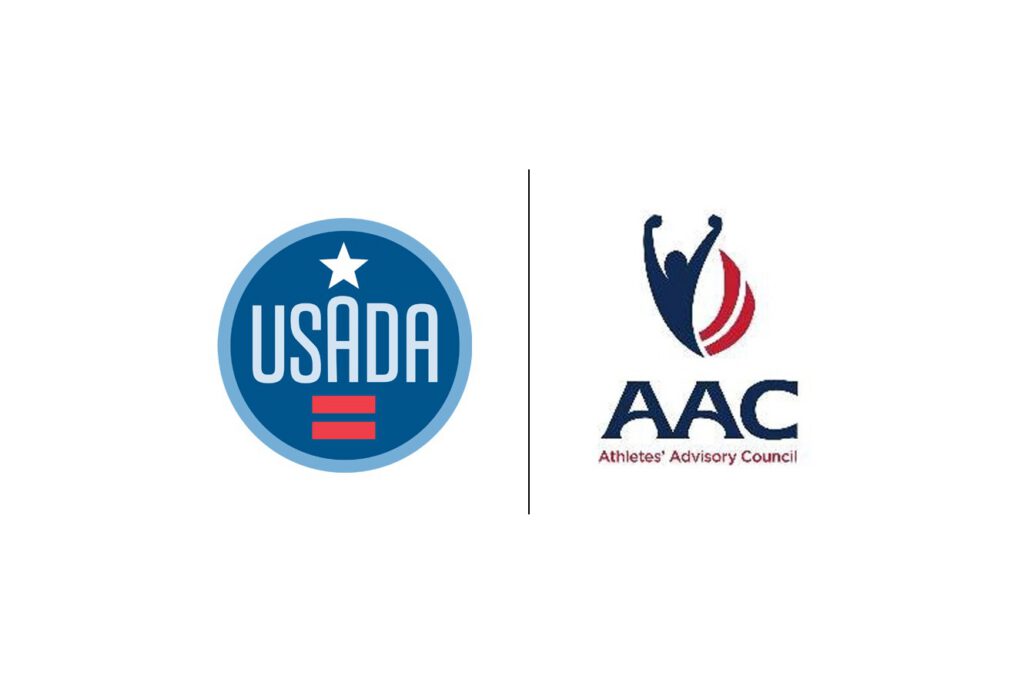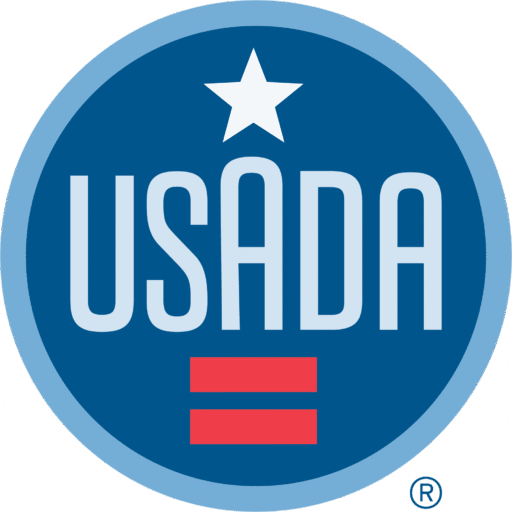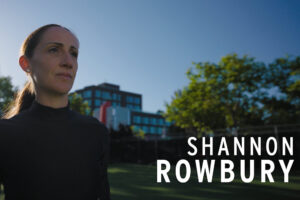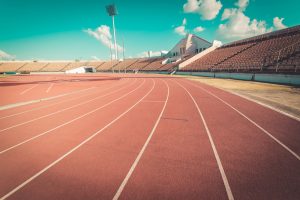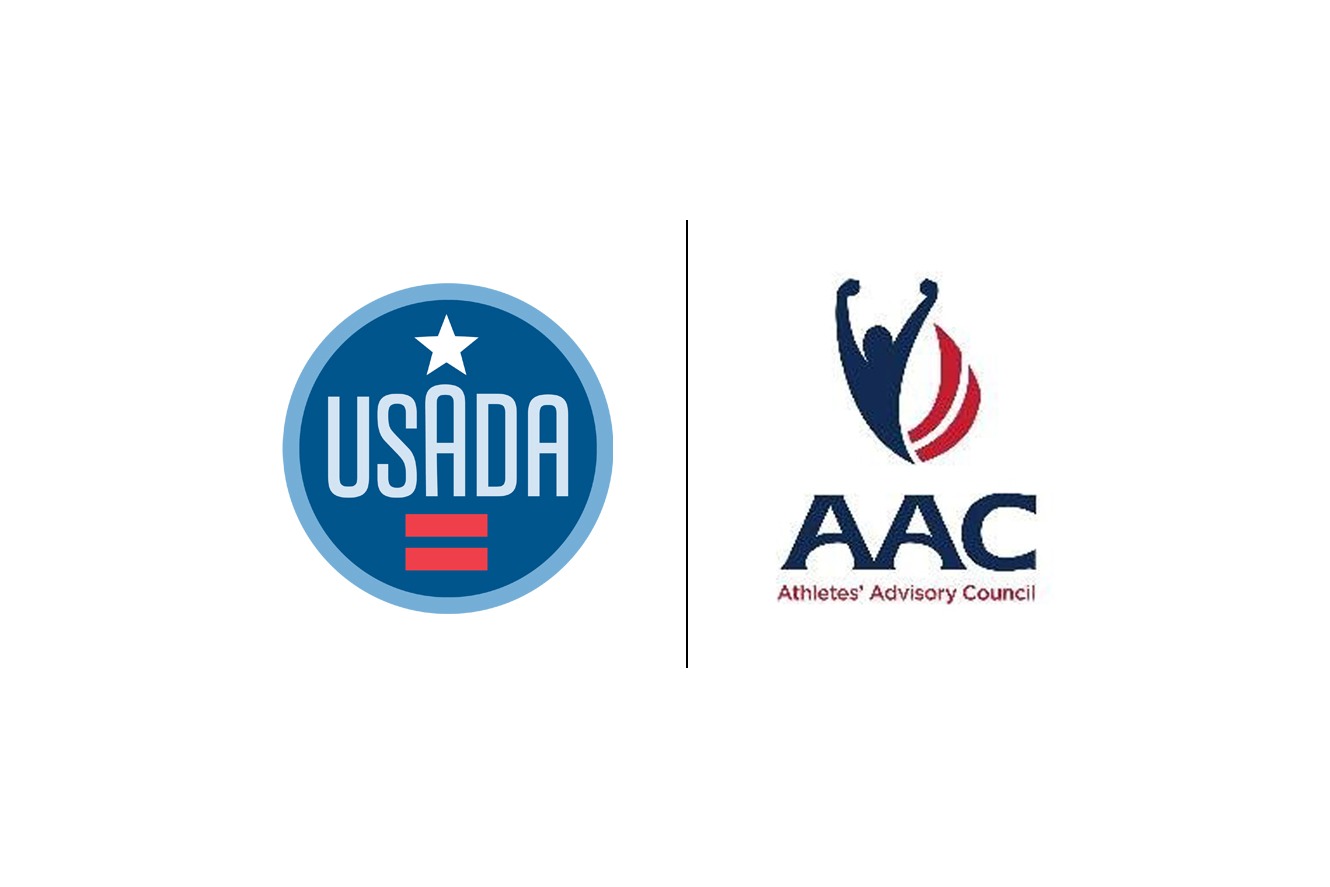 The United States Olympic and Paralympic Committee Athletes’ Advisory Council (USOPC AAC) and the U.S. Anti-Doping Agency (USADA) welcome the latest report released by the Office of National Drug Control Policy (ONDCP) today into the state of the World Anti-Doping Agency’s (WADA) Governance Reform efforts. ONDCP issued the report as requested by the United States Congress as a condition of continued U.S. funding of WADA.
The United States Olympic and Paralympic Committee Athletes’ Advisory Council (USOPC AAC) and the U.S. Anti-Doping Agency (USADA) welcome the latest report released by the Office of National Drug Control Policy (ONDCP) today into the state of the World Anti-Doping Agency’s (WADA) Governance Reform efforts. ONDCP issued the report as requested by the United States Congress as a condition of continued U.S. funding of WADA.
We commend ONDCP for its review of WADA’s governance model, identifying the predominant challenges facing the global anti-doping system, and for its constructive approach in identifying “Ten Challenges” facing WADA governance and needing reform. As well as providing concrete and specific proposals for these major reforms included within the report. ONDCP’s leadership and clear willingness to engage in actionable discussion regarding reform of WADA is at an inflection point in anti-doping history and is welcomed by athletes and clean sport advocates.
In the report, ONDCP outlines the areas where significant reform – “a roadmap to a new WADA”– governance is required for the global regulator to maintain relevance and regain athlete and public trust. The Russian state-sponsored doping scandal exposed WADA’s weaknesses and showed that it needs urgent modernization to become the strong, independent anti-doping regulator and protector of clean athletes’ rights required.
As expressed by ONDCP in its report to Congress, there are several areas where changes to WADA governance and operations are recommended, including:
WADA Independence in Naming Governing Board Appointees
ONCDP recommends WADA take concrete steps to eliminate conflicts of interest, namely those that exist with the IOC Sports Movement’s representation on WADA’s Governing Boards.
The most efficient way to resolve the conflicts of interest embedded in the WADA Executive Committee’s structure is for the Olympic Movement to step out of the Executive Committee entirely; and to replace Olympic Movement members with truly independent experts.
Athlete Voice
Independent athletes must have a strong and vocal presence on WADA’s boards and committees. Conflict-free representation at the Executive Committee, Foundation Board and Standing Committees, especially the Athlete Committee, is a critical element of ONDCP’s recommendations.
The Court of Arbitration for Sport (CAS) Transparency and Independence
Although WADA is not in charge of CAS, it is well positioned to articulate CAS shortcomings, past failings and the vulnerabilities exposed by these and the failure to impose adequate sanctions. WADA should lead the effort to bring together relevant stakeholders to reform CAS, especially since CAS is mandatory under the WADA rules.
NADO Input in WADA Processes
National Anti-Doping Organizations (NADOs), the most active stakeholders in anti-doping, currently have no formal place in WADA’s decision-making bodies, the Foundation Board and Executive Committee. This void deprives WADA governance of the valuable expertise from the stakeholder group that conducts most anti-doping activities.
Stakeholder and Expert Representation – WADA’s Foundation Board
To increase innovation and diverse thought processes, the WADA Foundation Board should include more expert voices beyond the Olympic Movement and Public Authorities. To do this, the recommendation for the Foundation Board is a modest expansion to approximately 40-50 members, split evenly among:
- Public authorities
- Olympic Movement
- NADO representatives
- Independent athletes
- Laboratories and other independent technical experts
Increased Stakeholder Interaction
It is positive that WADA is holding many meetings with global stakeholders, but of course, it is only the first step. Implementing feedback will create meaningful relationships and visible changes in policy and structure.
WADA Signatory Support
WADA should establish a clear and transparent approach to special support and oversight for WADA signatories that are experiencing special challenges or difficulties with compliance. WADA should put those entities on a different “track” in terms of WADA support and oversight.
As the USOPC AAC and USADA, we recognize that many of the areas outlined in the ONDCP report are consistent with our own recent calls for meaningful WADA reform in a March 29 statement. With the release of today’s ONDCP report to Congress, we maintain that now is the time for WADA to address the fundamental issues in question in order to create a stronger and more independent governance model that builds credibility with athletes around the world and gives both athletes and key stakeholders input. We look forward to working with WADA now and in the future to re-establish the promise of clean sport on a global level.
For more information or media inquiries, click here.
